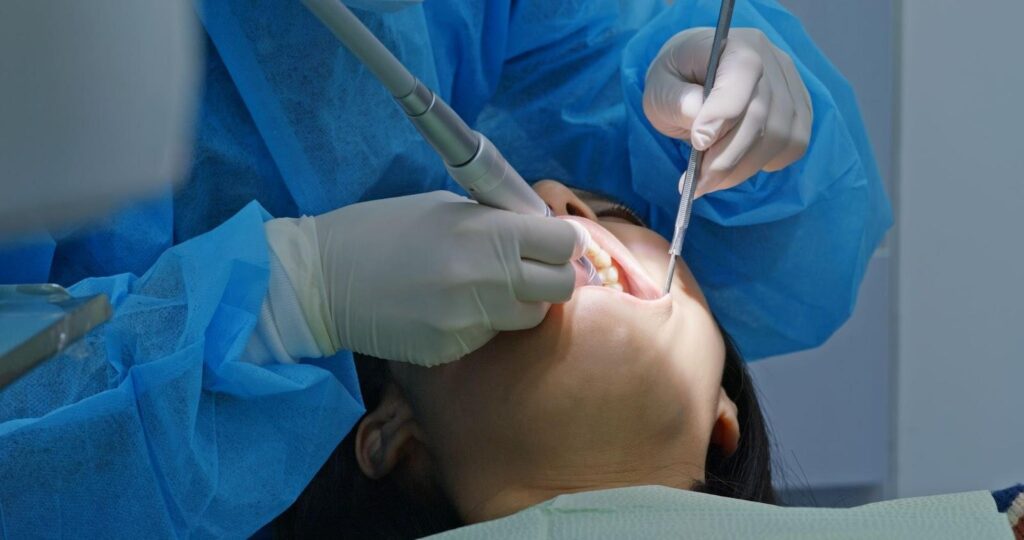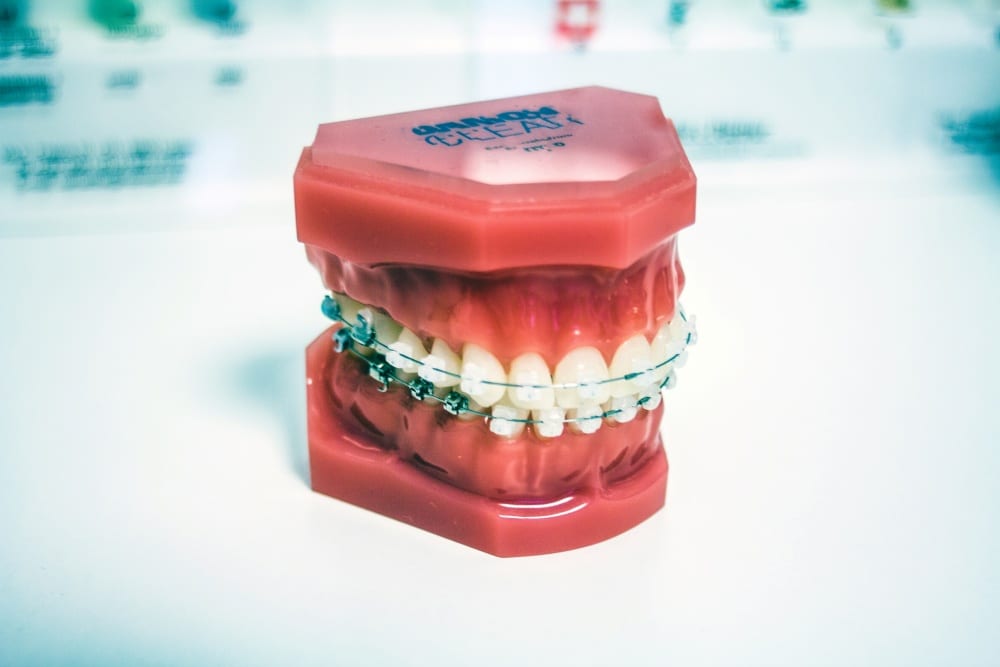

Why Does Wisdom Tooth Pain Come and Go?
Has your wisdom tooth been aching unexpectedly, only to subside a few days later as if nothing happened? This erratic discomfort leaves many wondering why wisdom tooth pain comes and goes, if such fluctuations are normal, and if wisdom tooth extractions are necessary.
What Causes Wisdom Tooth Pain?
Several factors can trigger wisdom toothaches, including:
- Impaction: When a wisdom tooth cannot emerge fully because other teeth block it, it can cause significant pressure and pain.
- Partial Eruptions: Teeth that only partially break through the gum create openings that can harbour food and bacteria, leading to painful infections.
- Inflammation: Gums around emerging wisdom teeth can become inflamed, contributing to periods when the pain becomes unbearable.
- Infection: Improperly cleaned partial eruptions can lead to gum disease or decay, intensifying the pain.
- Shifting Teeth: As wisdom teeth emerge, they can push against adjacent teeth, misaligning them and causing aching.
- Emerging Teeth: The growth process of wisdom teeth through the gums is naturally painful as the gum tissue is stretched and disrupted.
Factors Influencing Intermittent Pain on Wisdom Teeth
Certain activities can trigger fluctuations in wisdom toothaches. Some of these include:
- Chewing: The pressure exerted on the gums during chewing can exacerbate pain, especially if the tooth is impacted or partially erupted.
- Temperature Sensitivity: Consuming hot or cold substances—such as foods or beverages—can also provoke sharp increases in discomfort. This occurs because extreme temperatures can irritate the exposed nerves in or around the wisdom tooth area.
- Infection: Infections in the surrounding areas can escalate to the point where wisdom tooth pain becomes unbearable due to inflammation, swelling tissue, and pressing against sensitive nerve endings. This intense pressure can disrupt daily activities and significantly impact overall oral health.
The Role of Tooth Position and Oral Hygiene
The alignment and position of wisdom teeth can also influence the discomfort experienced. The discomfort may be minimal if the wisdom tooth emerges straight and with enough space. However, when wisdom teeth grow horizontally or at other irregular angles, they can exert undue pressure on adjacent teeth, causing increased pain.
These abnormal positions can also create pockets that trap food and bacteria, heightening the risk of infection and inflammation. To mitigate these risks, maintaining good oral hygiene is essential. Regular brushing, flossing, and visits to the dentist help keep these areas clean and reduce the potential for pain and infection.
How Long Does Wisdom Tooth Pain Last?
Wisdom tooth pain typically lasts a few days to a week as the tooth breaks through the gum line. However, if the tooth is impacted or becomes infected, pain can persist for several weeks or until the problem is medically addressed by a dentist.
How to Reduce Wisdom Tooth Pain?
To manage wisdom tooth pain, consider these practices:
- Ice Pack or Cold Compresses: Wrap an ice pack in a small towel and hold it against your jaw for 15-minute intervals. Repeat the process with breaks in between to reduce inflammation and numb the pain.
- Pain Relievers: Over-the-counter pain medications may help reduce discomfort.
- Salt Water Rinse: Gargle with warm salt water multiple times daily to soothe inflammation and help control bacterial growth in the affected area.
- Dental Consultation: If home remedies do not ease the pain, consult a dentist for potential treatments, such as antibiotics for infection or wisdom tooth extraction for severe cases. Regular check-ups can help address pain before it becomes severe.
When to Get a Wisdom Tooth Removed?

Wisdom tooth extraction is advised if you experience unbearable pain, repeated infections, or if the tooth is impacted—meaning it’s trapped beneath the gum and unable to erupt properly. Removing these teeth early can prevent them from crowding or damaging adjacent teeth and reduce the risk of complex infections.
By addressing these issues promptly, extraction helps maintain oral health, alleviates pain, and improves your quality of life by preventing future dental complications. This proactive approach can also potentially save on costs associated with more severe dental issues down the line.
Address Your Wisdom Tooth Concerns Promptly
If you find yourself struggling with persistent discomfort, a visit to an affordable dental clinic in Singapore can offer potential relief and guidance. There, you can get a professional evaluation and discuss the suitable options for pain management or possibly wisdom tooth extraction, ensuring you make informed decisions about your dental care. Schedule your dental consultation with Family Dental Centre.






